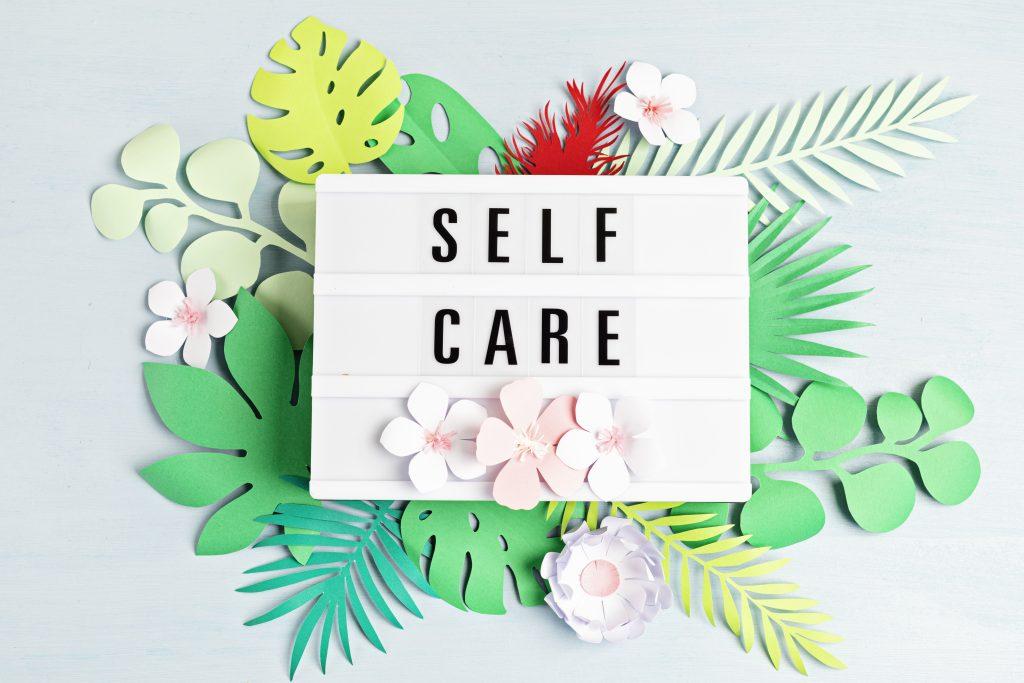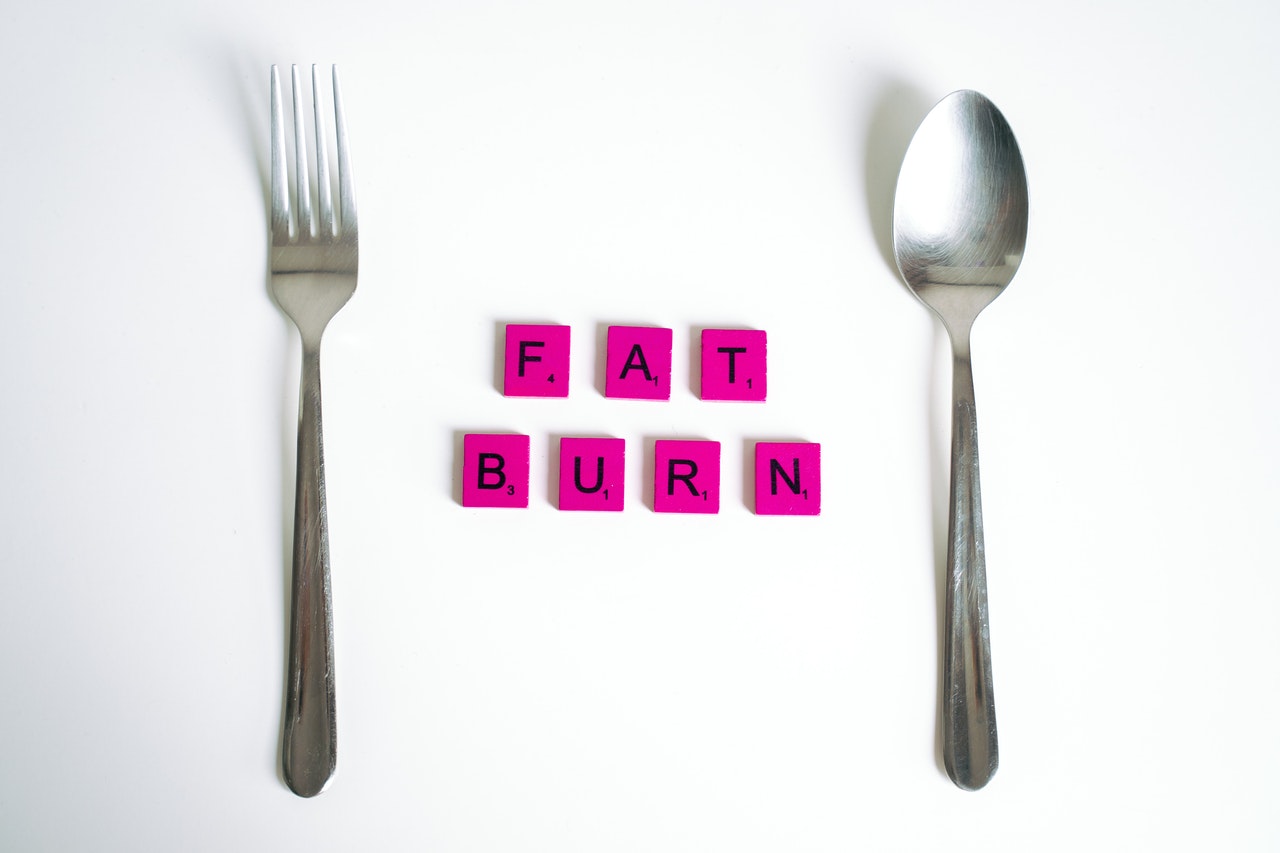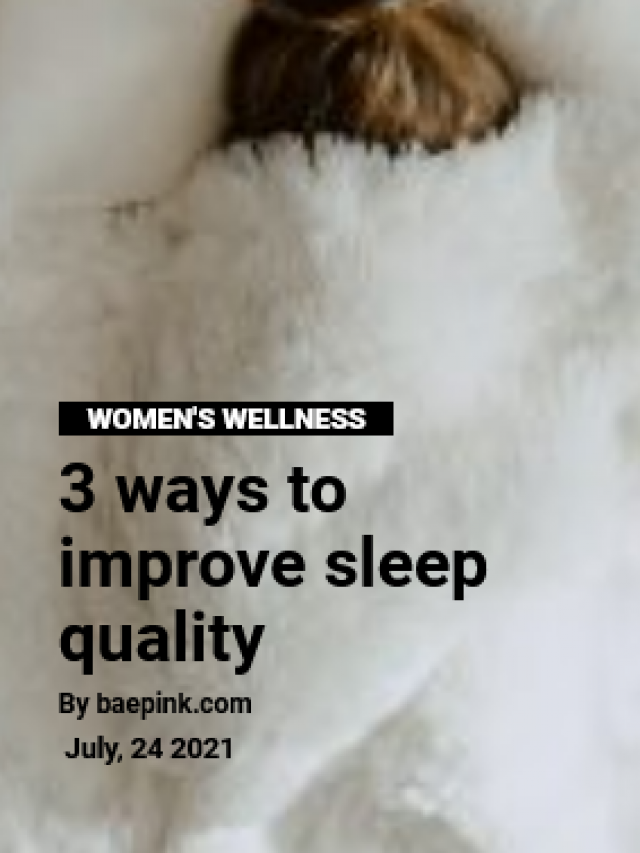Being healthy!
Being healthy is not just the absence of Sickness or disability, according to the World Health Organisation (WHO), but also a complete condition of Physical, Mental, and Social Well-Being. “No Health without Mental Health” is the WHO’s claim. Mental and physical health have been noticed to be strongly correlated. Emotional health is as important as physical health.

Body & mind connection – Saves your soul
The Mind-Heart-Body link highlights the relationship between the Mind, Heart, and Body as being interconnected and reliant on one another.
Negative Psychological traits, Personality characteristics, and Mental health disorders can impact cardiovascular health.
American Heart Association
Negative emotional health, negatively affects physical health

Depression, ongoing stress, worry, frustration, pessimism, and discontent with one’s current life are all examples of negative psychological health. These conditions are linked with potentially harmful biological responses, such as irregularities of heart rate and rhythm, inflammation, increased blood pressure, etc.
Also, Negative psychological health is associated with health behaviours such as smoking, lower levels of physical activity, poorer diet quality, and being overweight or obese. These lifestyle factors are all causally linked to an increased risk of the development of cardiovascular diseases. Emotional health plays a vital role in your physical well-being.
Negative physical health, negatively affects emotional health
The development of Cardiovascular diseases like Myocardial infarction (MI), heart failure, and stroke can lead to negative psychological health. People who have chronic illnesses such as Alzheimer’s disease, coronary heart disease, Diabetes, Autoimmune diseases, Epilepsy, HIV/AIDS, Hypothyroidism, Cancer, Parkinson’s disease, etc. associated with negative psychosocial factors like Depression or anxiety.
Tips for improving your emotional & physical health

Exercise
Exercise improves your emotional well-being. According to a Study, Exercise interchanges the chemical balance in the body. It rises Endorphins levels, and it also controls Norepinephrine levels. Endorphins are natural drugs, and so Exercise raises feelings of Well-being and Euphoria. Euphoria defines as a feeling of great happiness or well-being. Also, Exercise regulates Norepinephrine release, and thus decreases depression in this manner. Improving physical health have huge impact on improving emotional health.
Stop negative thinking, start positive self-talk.
Usually, positive thinking begins with positive self-talk. Simply said, positive thinking involves bringing a more creative and positive perspective to unfavourable situations.
Positive thoughts have a favourable impact on many elements of health and are crucial for preventing physical and mental illnesses as well as improving mental health. Lower rates of depression, more resistance to illnesses, improved psychological and physical well-being, improved cardiovascular health, and a longer life expectancy are just a few of the health advantages that positive thinking may offer.
Stay connected with friends & family members
Close relationships have been associated with healthier behaviour, higher levels of happiness, lower incidence of chronic illnesses, and lower mortality. Family relationships can assist a person cope with stress, involve in healthier behaviours, and enhance self-esteem, leading to great well-being. Chances of improvement in emotional health increase when being around friends and family.
Also, Friends improve your happiness, reduce your stress, and enhance your self-confidence and self-worth. Additionally, these associations reduce the risk of several serious health issues, including depression, hypertension, and an unhealthy Body Mass Index (BMI). Older adults with close relationships and support tend to live longer than their less connected people.
Good sleep
Sleep is Vital and Global function for humans. Now, Sleep is regarded as one of the three basic pillars of Well-being together with Diet and Exercise.
Poor sleep has a negative influence on physical health and mental consequences. Greater enhancement in sleep showed greater improvements in mental well-being & Health-Related Quality of Life. Over the last 15 years, Research has found that sleep boosts immune defence, under the well-liked wisdom that ‘sleep helps to heal’.
For adults, seven or more than seven hours of sleep a night is recommended.
centers of disease control and prevention
During sleep, the Immune system releases cytokines which are proteins, some of which encourage sleep. When you have an inflammation, or infection, or are under stress, the body needs certain cytokines. So, your body requires sleep to fight infectious ailments.
Healthy body – healthy mind
Realizing the association between body and mind is the initial step in evolving approaches for Reducing the occurrence of co-existing conditions and helping those already living with mental illnesses or Long-term physical conditions. These personal care tips boost your both mental & physical health. Self-care looks distinct for each one. It is vital to find what your need and enjoy it.
























